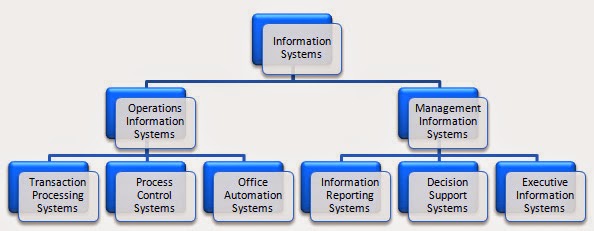It also provides for a kind of creative robustness—intuition and heuristics can often tackle tough problems that would otherwise be difficult to solve. Whereas tacit knowledge is implicit, rule-based knowledge is explicit knowledge that is used to match actions to situations by invoking appropriate rules. Rule-based knowledge guides action by answering three questions: What kind of situation is this?
What kind of person am I or what kind of organization is this? And finally, what does a person such as I, or an organization such as this, do in a situation such as this? (March 1994) Rule-based knowledge is used in the design of routines, standard operating procedures, and the structure of data records. Rule-based knowledge enables the organization to enjoy a certain level of operational efficiency and control. It also promotes equable, consistent organizational responses.
Background knowledge: The third kind of organizational knowledge is background knowledge. This is knowledge that is part of the organizational culture and is communicated through oral and verbal texts such as stories, metaphors, analogies, visions, and mission statements. Background knowledge supplies the mindset or worldview by which people in the organization understand particular events, actions, objects, utterances, or situations in distinctive ways (Morgan 1986). Background knowledge draws the cognitive context for the construction of reality and endows meaning on the organization’s actions and activities. It promotes commitment through the creation of shared meanings and values.
All three forms of knowledge can be found in any organization. The intelligent organization however, is skilled at continuously expanding, renewing, and refreshing its knowledge in all three categories.
The intelligent organization promotes the learning of tacit knowledge to increase the skill and creative capacity of its employees, takes advantage of rule-based knowledge to maximize efficiency and equability, and develops background knowledge to unify purpose and meaning in its community. In effect, the intelligent organization has mastered a fourth class of knowledge - a higher order or meta-knowledge - that it uses to create, integrate, and invigorate all its intellectual resources in order to achieve superior levels of performance.
Examples of intelligent knowledge creation may be found in Japanese companies like Canon, Honda, Matsushita, NEC, and Sharp. These companies are widely admired for their ability to innovate continuously, recognize and respond swiftly to customer needs, dominate technologies while they are still emerging, and bring new high-quality products to market with impressive speed.
For example, Canon reinvented the 35mm camera, pioneered the personal photocopier and color copier, invented the laser printer and inkjet printer, and is now working on using ferroelectric liquid crystals for large flat panel displays. Judged by the number of US patents granted, Canon can claim to be the world’s most consistently creative company - for a fifth of the R&D budget, Canon has obtained about as many patents as IBM.
Or consider Honda’s history of agile adaptiveness: it gained a late but successful entry into the highly competitive automobile market, won victory in the motorcycle war against an established leader (Yamaha), and developed its own automotive engine that set new standards in fuel-efficiency and pollution control.
Many regard Honda as one of the best managed companies in the world (Pascale 1990). A Japanese scholar explains the success of companies like Canon, Honda and Matsushita:
The centerpiece of the Japanese approach is the recognition that creating new knowledge is not simply a matter of “processing” objective information. Rather, it depends on tapping the tacit and often highly subjective insights, intuitions, and hunches of individual employees and making those insights available for testing and use by the company as a whole. The key to this process is personal commitment, the employees’ sense of identity with the enterprise and its mission. Mobilizing that commitment and embodying tacit knowledge in actual technologies and products require managers who are as comfortable with images and symbols. Read the full details here @ http;//www.InfosDemocracy.com

No comments:
Post a Comment
Prince S. Eric John is an author and a well known expert in the direct response copywriting & digital marketing Industry, committed to teaching people real online and offline marketing strategies that drives traffic and generates sales!
Leave Your comment below and See how I can assist you with any request